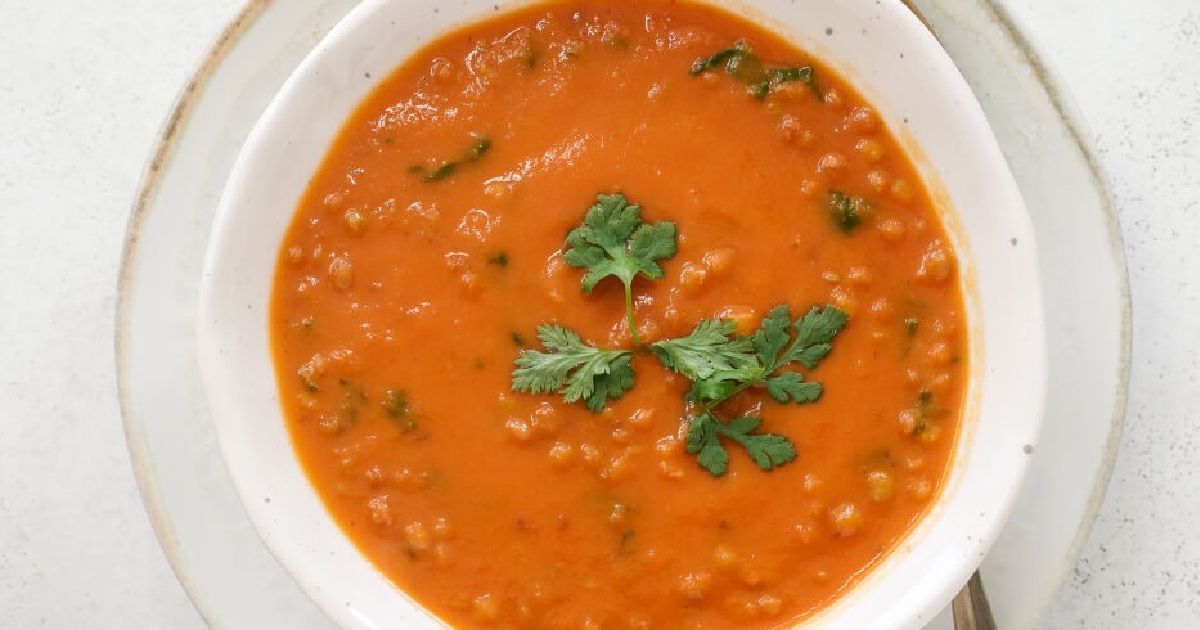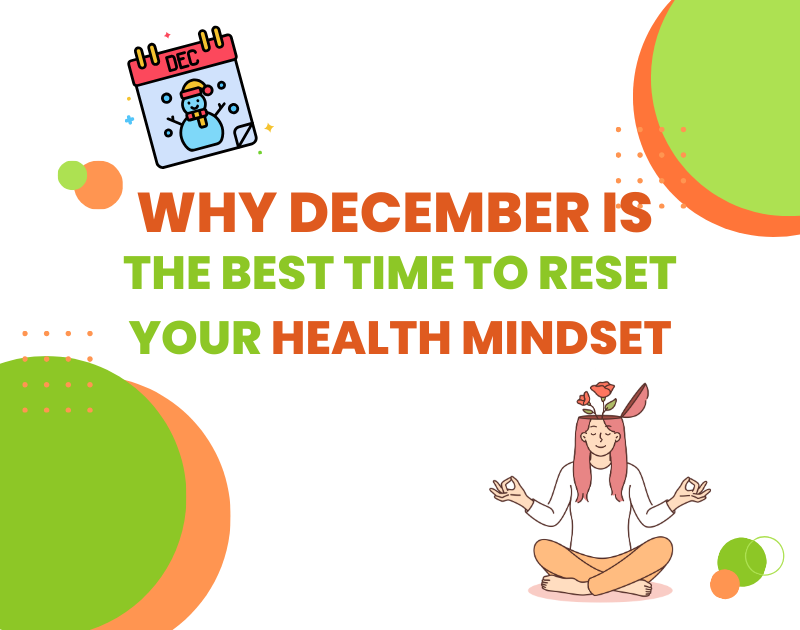Eliminate Your Carbs Confusion: A Guide to Understanding and Incorporating Carbohydrates
Carbohydrates are often misunderstood.
Some diets encourage cutting carbs completely, while others suggest moderation, leaving many people confused about what’s best. In reality, carbs play a crucial role in our bodies by providing energy, but the type and amount matter. This guide will help you understand carbohydrates, their benefits, and how to incorporate them smartly into your diet.
What Are Carbohydrates?
Carbohydrates are one of the three macronutrients (alongside proteins and fats) that your body needs to function. They break down into glucose, which provides energy for your cells.
Carbs come in three main types:
1. Simple Carbohydrates: These are sugars, often found in processed foods, candies,
and soft drinks. They provide quick energy but can cause rapid spikes in blood sugar,
leading to crashes later.
2. Complex Carbohydrates: Found in whole grains, vegetables, and legumes, complex
carbs are digested more slowly, providing sustained energy.
3. Fiber: A type of carb that your body can't digest, but it's crucial for digestive health. Fiber is found in whole grains, fruits, vegetables, and legumes.
The Importance of Carbs in Your Diet
Carbohydrates are your body’s preferred source of energy. When you eat carbs, your body
converts them into glucose, which fuels everything from brain activity to physical exercise.
Here’s why they’re important:
- Fuel for the brain: Your brain runs primarily on glucose, which comes from carbs. Cutting carbs too low can result in mental fog, difficulty concentrating, and fatigue.
- Support for exercise: For athletes or anyone active, carbs are critical. They provide the energy needed to sustain workouts and recovery.
- Mood regulation: Carbohydrates play a role in serotonin production, which helps regulate mood and feelings of well-being.
Common Carb Myths Debunked
There’s a lot of misinformation about carbohydrates. Let’s clear up some common myths:
- Myth 1:
Carbs make you fat: Weight gain occurs when you consume more calories than your body burns, regardless of whether those calories come from carbs, fats, or proteins. Carbs themselves don’t cause weight gain.
- Myth 2: All carbs are bad: Not all carbs are created equal. Whole, unprocessed carbs, like vegetables, fruits, and whole grains, are nutrient-rich and beneficial, while processed carbs (like white bread and sugary snacks) can contribute to weight gain and health issues.
- Myth 3: You need to cut carbs to lose weight: While low-carb diets like keto can help some people lose weight, they aren’t the only way. A balanced diet that includes healthy carbs can also support weight loss and long-term health.
The Good, The Bad, and The Ugly: Choosing the Right Carbs
Not all carbs are equally healthy. Here’s a simple guide to help you choose the best carbs for your diet:
1.
Good Carbs (Nutrient-dense, whole carbs):
- Whole grains (brown rice, oats, quinoa)
- Fruits (berries, apples, oranges)
- Vegetables (leafy greens, carrots, sweet potatoes)
- Legumes (lentils, beans, chickpeas)
2. Limit These Carbs:
- Refined grains (white bread, pasta made from refined flour)
- Sugary snacks (cookies, cakes, candy)
- Sugary beverages (sodas, sweetened teas)
3. Avoid These Carbs:
- Ultra-processed carbs (packaged snacks with added sugars)
- High-fructose corn syrup (found in many processed foods and sodas)
How to Incorporate Carbohydrates Into Your Diet
The key to eating carbs is to focus on quality and portion sizes.
Here are some tips for incorporating carbs wisely into your daily meals:
1. Balance your plate:
Fill half of your plate with non-starchy vegetables, a quarter with
whole grains or starchy veggies, and the remaining quarter with a lean protein source.
2. Eat fiber-rich foods:
Include fiber-rich carbs like whole grains, fruits, and vegetables to improve digestion and keep you full longer.
3. Pair carbs with protein or fat: Combining carbs with protein or healthy fats helps slow digestion, keeping you fuller for longer and avoiding spikes in blood sugar.
4. Mind your portions: Even healthy carbs can lead to overeating if portions are too large. Stick to recommended serving sizes.
Carbohydrates and Special Diets
Different diets take different approaches to carbs. Here’s a look at how carbs fit into a few popular diets:
1. Low-Carb Diets (Keto, Atkins): These diets drastically reduce carbohydrate intake, emphasizing fats and proteins instead. While effective for weight loss for some, they’re not ideal for everyone, especially those who engage in high-intensity exercise.
2. Mediterranean Diet: This diet includes moderate amounts of whole grains, fruits, and vegetables, focusing on healthy carbs alongside fats and proteins.
3. Plant-Based Diets: Carbs from whole grains, legumes, fruits, and vegetables are the cornerstone of plant-based diets, offering fiber and essential nutrients.
Conclusion: Carbs Are Not the Enemy
Understanding carbohydrates is the first step toward making healthier choices. Rather than avoiding them, focus on eating the right types of carbs—whole, unprocessed options that fuel your body and provide sustained energy. By incorporating the right carbs in balanced portions, you’ll support your overall health and well-being. Remember, moderation and balance are key. Carbs are an essential part of a healthy diet, so enjoy them wisely!
Key Takeaways:
● Carbs are your body’s main energy source and vital for brain and muscle function.
● Focus on whole, nutrient-dense carbs like vegetables, fruits, and whole grains.
● Avoid refined and ultra-processed carbs that provide little nutritional value.
● Incorporate healthy carbs into a balanced diet for optimal health.









